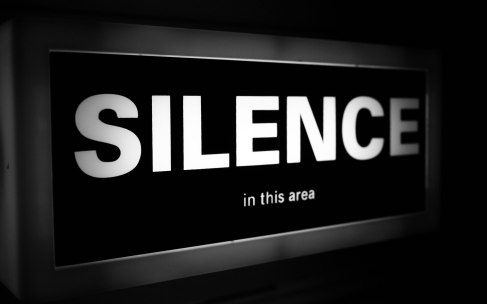“There are two equal and opposite errors into which our [human] race can fall about the devils. One is to disbelieve in their existence. The other is to believe, and to feel and excessive and unhealthy interest in them.” C. S. Lewis, The Screwtape Letters

One of the reasons why C. S. Lewis’ quotation above strikes me is because it highlights the two ways that I am most comfortable (if I can even say such a thing) approaching evil: either make a joke out of it, or put on my doomsday voice (if I even have such a thing) and warn of the lurking corners of darkness that the everyday human avoids out of ignorance or apathy.
The truth is, evil is very difficult for me to consider with any sustained amount of concentration. Maybe part of that is because the classification of what is evil and what isn’t evil has been so hard fought and wrestled over–in politics, between religions, amongst cultures–that labeling something as evil is equivalent to picking a fight. And, in case you haven’t heard it in my tone as of yet, I’m one with little patience for social bickering.
Maybe another reason why I find evil so hard to consider is because evil can have a subjective-kind-of-nature to it. For example, a bottle of wine can be a part of a nice evening with friends for some, whereas, for the recovering alcoholic, it can feel more like a portal into a world of chaos and shame. A bottle of wine can be evil, but isn’t always. Or let’s take it one step further, when sometimes the same thing can be declared evil for two different and opposite reasons. For example, taxes. Those who want them paid are robbing the entrepreneur of the rewards of hard work and perseverance, whereas those who don’t want them paid are selfish and cold hearted, uncaring of the “least of these” in society. (Insert easy “but we all knew taxes were evil” joke here.)
Or maybe the reason I find evil so difficult to consider is because I just don’t want to.
I don’t want to consider how evil may be closer to me than I initially imagine, and I don’t want to consider how powerless evil can make me feel. I don’t want to consider how evil can permeate distant actions, especially if those “distant actions” are my own actions far away from another global citizen. I don’t want to consider the life lost, the dreams extinguished, the survival inadequate. I want to think that evil is powerless if I am dedicated to goodness.
But that’s not true either.
People who are dedicated to goodness still experience evil. Sometimes, people who are dedicated to goodness are still complicit in evil–the photo above is a picture of wealthy, high rise hotels, devoid of windows so that guests will not see the slums across the street. Evil is like cancer–it crosses every generation, all socio-economic boundaries, all races and cultures. We can do our best to try and avoid it, but at the end of the day, evil goes where evil wants. And that’s why I hate it. I hate evil’s autonomy, it’s imperviousness, and it’s destruction.
And so, what else can I say? Evil is there. And to ignore it or to dwell on it won’t change it’s existence and won’t stop it’s coming. Maybe it appears differently for some people instead of others. Maybe it’s obvious, like genocide. Or maybe it’s subtle, like the quiet thought in the silence of solitude. But it’s there. And it’s here. With us.
I will say this one last thing–I do think that we can be free of evil. On a large scale, that’s why I’m a Christian (a perfect kingdom with no tears and all that). But on a small scale, I think that evil relishes in the loss of full life. And in the times where evil has been the most obvious–the Holocaust, Rwanda, Pol Pot in Cambodia, and so on–it was allowed to persist until people were united in contributing to the full life of other people they most often did not know. What I am saying is that it’s not enough to just do no harm–we have heard story after story in Germany of those who “did no harm” but also “did no good.” If we are to keep evil from having the last word, then I am convinced that we need to intend and conform our actions to the principle of sharing the fullness life with every human. Maybe that’s a simple hug or a listening ear, maybe it’s giving someone you want to keep to make your own life full, maybe it’s a full blown revolution. But, whatever it is, I believe we each need to be a part of it, all the time. Fullness of life doesn’t just happen on it’s own.
I think that’s why Jesus said that lust was just as bad as adultery, and anger was just as wicked as murder, because thoughts centered around lust and anger do not contribute to the full life of the other, even though the thoughts themselves “do no harm.” They objectify, de-humanize, and distance one person from another so that the other person isn’t a person made in the image of God (just like you and me), but just an object for our consumption, for our satisfaction, for our service, for our ridicule. And perhaps that is, at the root of it, just simple evil. Just plain and simple, devastating evil.
Where do you see and experience evil? And what are the ways that you can contribute to the fullness of life, be it for those you love or those who nobody loves?






